Local Leaders Welcome Young Activists
Community-based voter registration projects followed sit-ins and freedom rides. Sit-ins fired up young people, and the joining of two generations energized the Mississippi Movement. SCLC volunteer Bob Moses came to the Delta in 1960 to recruit activists for SNCC’s fall conference. In Cleveland, he met Amzie Moore, who introduced Moses to the state and its people. Moore had grown frustrated with slow-moving legal challenges and saw the student movement as a chance for real progress on voter registration.
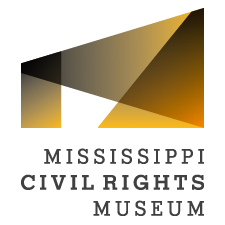
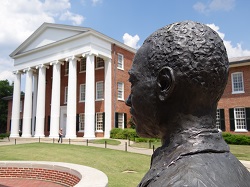 Honors James Meredith and all those who fought for equal educational opportunities
Honors James Meredith and all those who fought for equal educational opportunities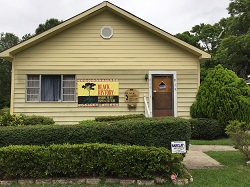 Features pictures, books, and other historical materials relating to local African Americans
Features pictures, books, and other historical materials relating to local African Americans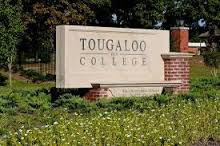 Became a primary center of activity of the Civil Rights Movement in Mississippi
Became a primary center of activity of the Civil Rights Movement in Mississippi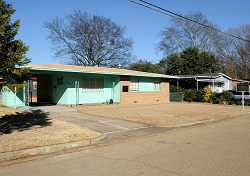 Home and assassination site of famed civil rights activist
Home and assassination site of famed civil rights activist